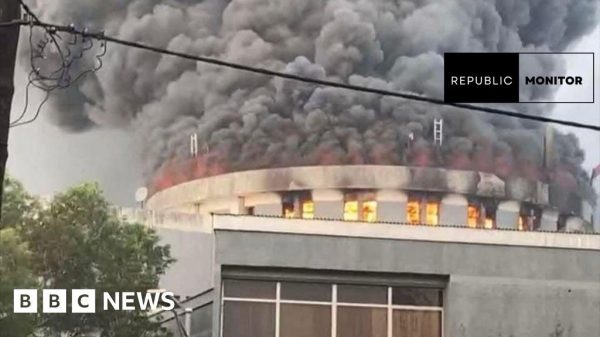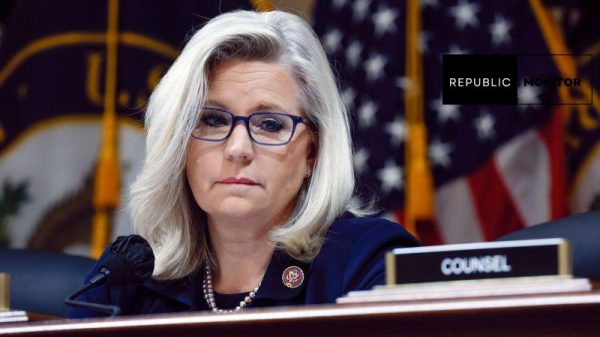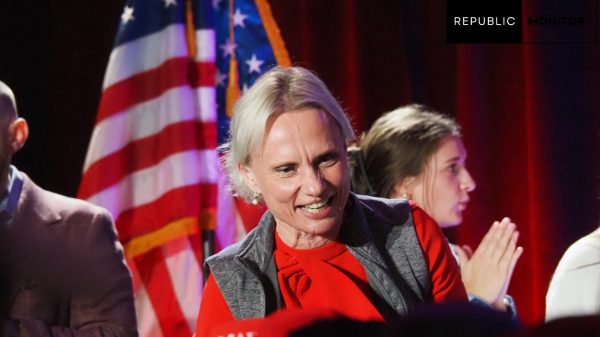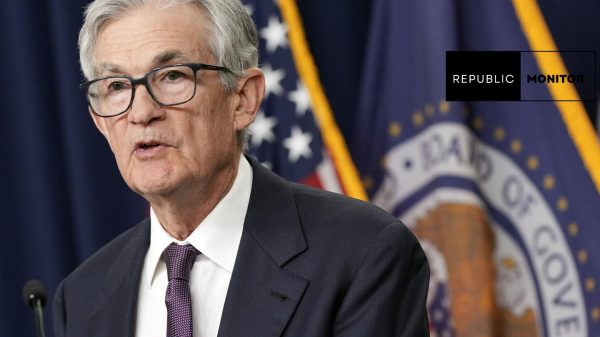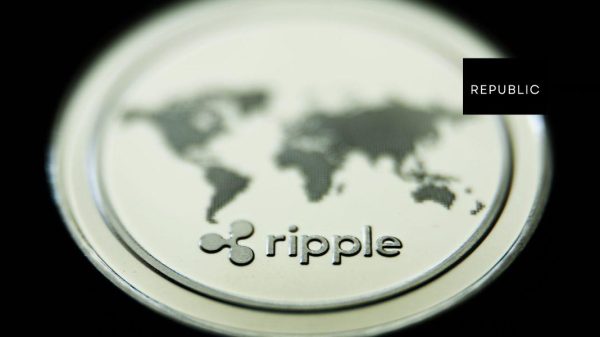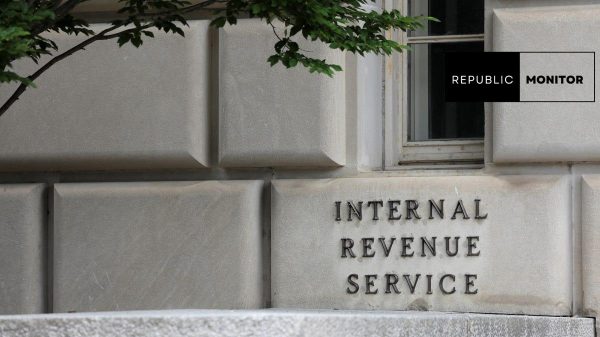Long after COVID first crippled the economy in early 2020, the pandemic persists. The Omicron variant is now making headlines, while the Delta variant continues to cause positive cases, albeit at a reduced rate. President Joe Biden has taken a more aggressive stance in promoting vaccinations, according to CBS Baltimore.

Long after COVID first crippled the economy in early 2020, the pandemic persists. The Omicron variant is now making headlines, while the Delta variant continues to cause positive cases, albeit at a reduced rate. (Photo: Forbes)
Stimulus Payments
Direct stimulus payments have been made to more than 169 million people, with a total of 2 million people receiving $1,400 checks in July. The fourth round of stimulus aid is being sought by some lawmakers, who want to continue receiving payments until the pandemic is over.
According to CBS News, for those who are eligible, the federal government has so far paid out $3,200: $1,200 from a March 2020 aid bill; $600 from a December measure; and 1,400 from the American Rescue Plan signed by President Joe Biden earlier this year. However, there are still shortages and inflation, and some people have not yet caught up to where they were at the beginning of the year, despite the wide availability of jobs in specific sectors. As a result, a growing number of people are opting not to return to the workforce at all.
Read Also: Are Non-Filers Eligible For More Stimulus Checks?

Long after COVID first crippled the economy in early 2020, the pandemic persists. The Omicron variant is now making headlines, while the Delta variant continues to cause positive cases, albeit at a reduced rate. (Photo: GettyImages)
Financial Assistance
More than two months after the federal unemployment benefit expired, millions of people are still struggling to make ends meet. Additional stimulus checks are needed. The Build Back Better Act, introduced by President Joe Biden, was passed by the House of Representatives on November 19. It will extend payments under this legislation until 2022. The future of those payments is still up in the air, however, as the Senate has yet to vote on the Build Back Better plan.
It aims to make the tax credit’s refundability permanent. As a result, regardless of whether or not a family files tax returns, the money would be available to them. Children under the age of six are eligible for a tax credit of $3,600, while children aged six to 17 are eligible for $3,000, as per WBFF.
As the pandemic’s financial fallout continues, some states are handing out money, which many people may require to cover rising household expenses or pay down debt due to the pandemic’s financial fallout. According to MARCA, financial assistance and stimulus checks are available in a number of states across the United States to assist their citizens. As a result, unlike the previous stimulus package, the money for this one will not come from the federal government.
Read Related Article: States That Are Still Giving Financial Aids To Their Residents


